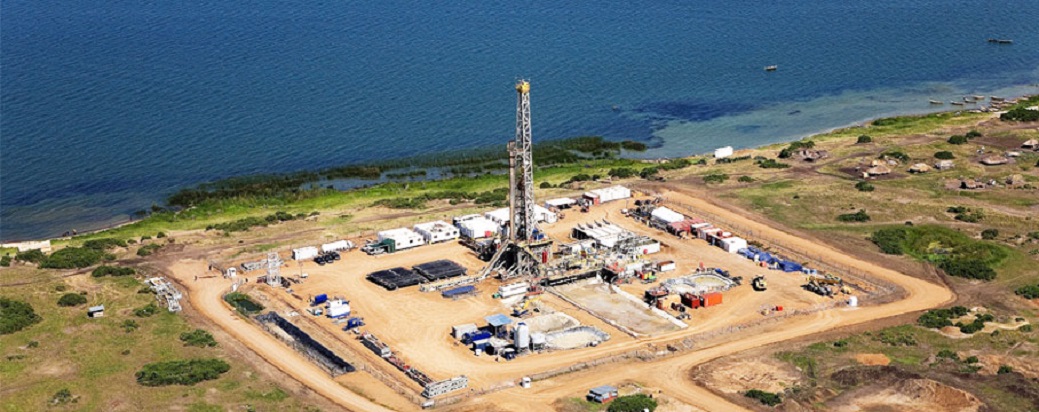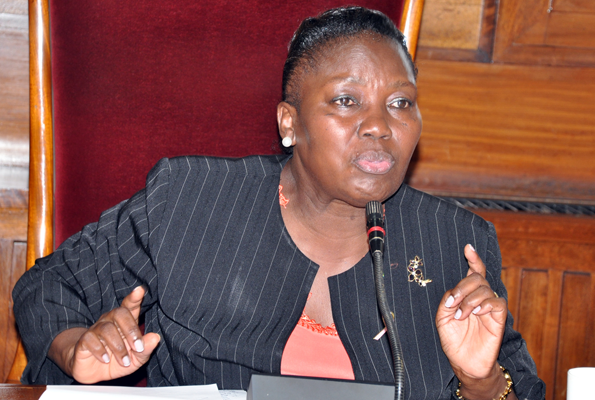Speaker Anita Among
Parliament has removed the 20 percent excise duty on sugar confectioneries, which was imposed under the Excise Duty (Amendment) Bill, 2022.
The tax had been re-introduced by parliament on May 18th, 2022, and was meant to take effect this financial year 2022/2023.
But upon transmission to President Yoweri Museveni for assent pursuant to Article 91 of the Constitution, he returned it to Parliament for reconsideration.
In his July 5th, 2022 letter, the president, questioned the re-introduction of a new clause in the Bill that provides for an excise duty of 20 percent on sugar confectioneries.
“Excise Duty on sugar confectioneries was first introduced in the financial year 2014/2015 at 10 percent and was later increased to 20 percent in 2018/2019. However, the government removed it in the financial year 2019/2020 following complaints from manufacturers that their products were being outcompeted by cheaper smuggled imports,” Museveni noted.
He said that decision by parliament to reintroduce the tax has implications since it goes against the government’s decision not to increase taxes in the current financial year 2022/2023, which was intended to support speedy economic recovery especially given the general increase in prices of goods and services.
The President requested parliament to delete the clause introducing the tax on sugar confectioneries. On Tuesday, during the plenary chaired by Speaker, Anita Among, MPs agreed with the President’s position and removed the tax. It came after the Kiboga East MP, Keefa Kiwanuka tabled a report from the Finance Committee parliament, which concurred with the President and the reasons that he gave for his objection.
Parliament also adopted the president’s proposal to impose a 40 percent or Shillings 4000 excise duty on each kilogram of polymer bags and sacks and other plastics despite an objection from the Finance Committee, which argued that this was on a higher side.
“The Committee was also concerned that the proposed tax increase on plastic was against the president’s argument that the government’s decision was not to increase taxes in this financial year to support the speedy economic recovery. However, the ministry of Finance was unable to explain to the Committee how they had reached the proposed unprecedented rise,” MP Kiwanuka told parliament.
In his letter, Museveni said that the only exception in the government proposal was packaging bags for food, juices, tea, and coffee and bags for direct use in the manufacture of sanitary pads.
“The decision by parliament to reject the proposal undermines the objectives government intended to achieve through the excise duty amendment,” said Museveni. Adding that “government’s objectives was to streamline the provisions for taxation of plastic products as provided for in the Excise Duty (Amendment) Act, 2021 with the view to ensuring that the targeting of excise duty is refocused away from sensitive sectors that utilize elements of plastics.”
Museveni also noted that this was to also address tax administration challenges associated with its implementation and incentivize owners of plastic recycling plants to enhance their efforts toward cleaning up the environment. Attorney General, Kiryowa Kiwanuka told parliament that the President’s position on plastics was clear and Speaker Among put a question, which was okayed by MPs.
-URN





